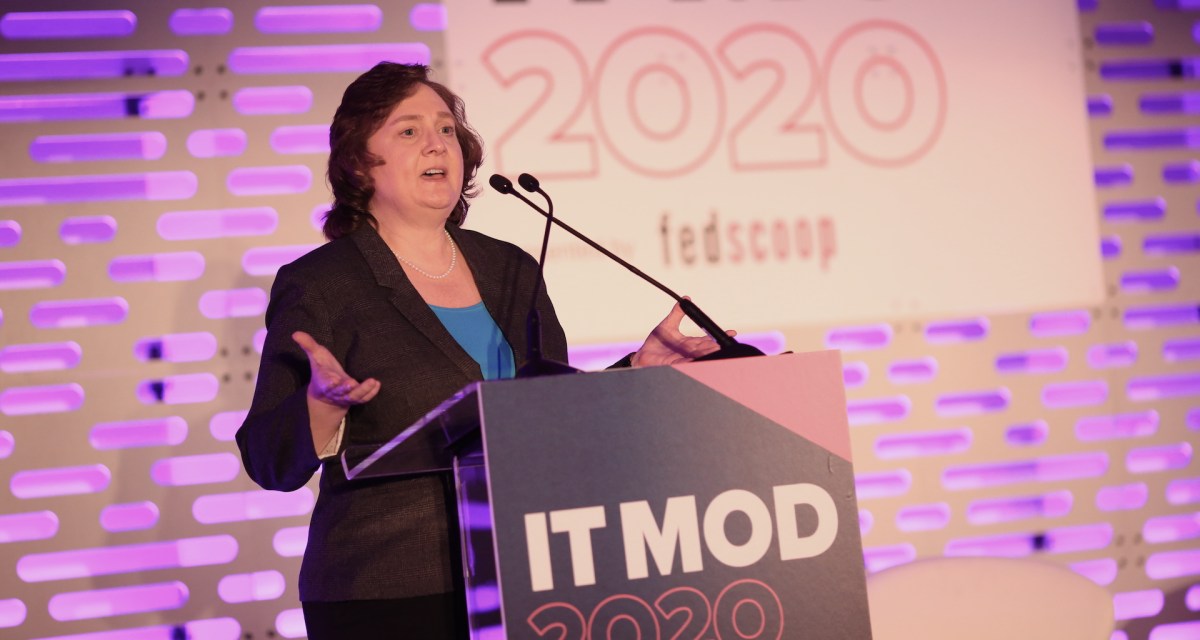Lynne Parker exits White House following publication of AI plan

Two-time Trump administration vet Lynne Parker has exited as principal deputy director of the White House Office of Science and Technology Policy following the release of the administration’s AI plan.
In a LinkedIn post Tuesday, Parker said she was “passing the torch” and had fulfilled her mission of helping the Trump administration “hit the ground running,” citing the launch of AI innovation and education initiatives as well as drone-focused policy, and the administration’s “gold standard” science initiative. She said she plans to return to her retirement in Tennessee.
“Every achievement was made possible by the dedication, brilliance, and teamwork of those I’ve been privileged to serve alongside,” Parker said. “My part of the mission is complete — the torch is now in capable hands. Serving our country in this role has been one of the greatest honors of my life.”
Parker joined the administration in January, working alongside OSTP Director Michael Kratsios. In addition to her OSTP title, she was also named executive director of the President’s Council of Advisors for Science and Technology. Parker had returned to the current Trump administration after serving as deputy CTO and founding director of the National Artificial Intelligence Initiative Office.
The White House didn’t immediately respond to a request for comment on her departure.
In addition to Parker, OSTP senior policy advisor Dean Ball also recently announced he was leaving the White House following the release of the administration’s anticipated AI Action Plan last month.
In a Substack post Monday, Ball said he was “not leaving government because of a policy disagreement, or because I was pushed, nudged, or otherwise pressured out due to political dynamics.”
Ball said he has “nothing but respect and admiration for my colleagues in the Trump administration” and was leaving because he felt he wasn’t the best person to drive implementation of the plan and would create more value for those efforts outside the public sector.
“We have so much work to do: norms to be established, abstractions to be invented, standards to be built — the civilizational infrastructure and scaffolding that will determine whether and how American society will navigate the AI transition,” Ball wrote. “I wish to help build that scaffolding, and I believe the best place to do it is from outside government.”
As a result, Ball rejoined the Foundation for American Innovation, a technology-focused think tank formerly known as the Lincoln Network, as a fellow focused on AI policy and governance models for emerging technology.






